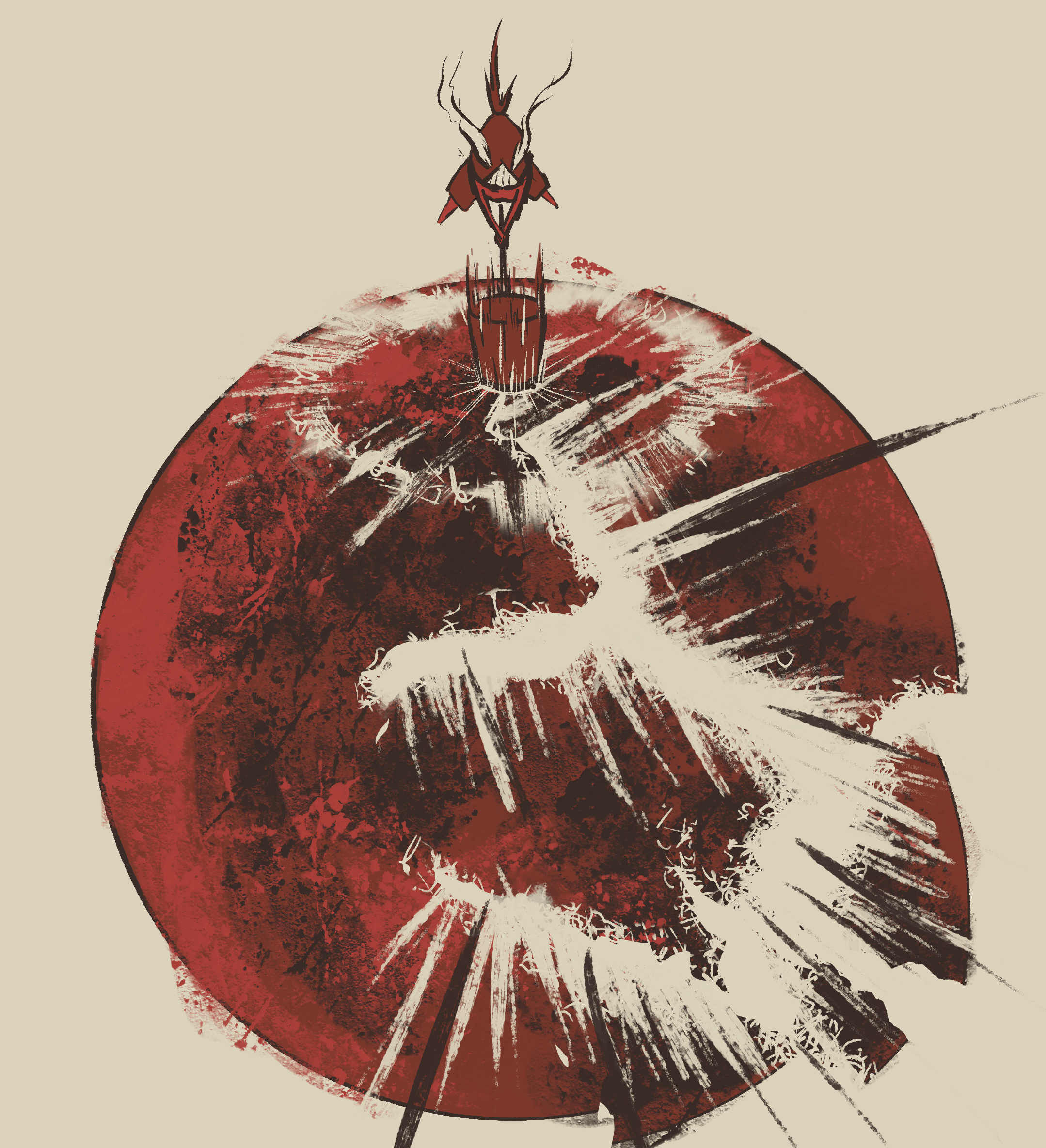
Book Thoughts: Seveneves
Despite really not enjoying Snow Crash due to the sheer amount of cheese involved, I was convinced to try out some other Neil Stephenson works and picked up the audiobook for Seveneves.
I'm glad I gave the author a second chance as this work is definitely of a different make and model than Snow Crash.. though it wasn't without it's own different kind of absurd issues.
The premise of the book is very interesting: The moon's exploded and the earth will end -- what does humanity do? The story tries to follow that question and we watch, from the perspectives of several scientist-types, as humanity scrambles to save what it can of itself.
There's going to be a lot of spoilers in this one.
-Stephenson is obviously a man who passionately pursues a concept within his works. Snow Crash was absolutely brimming with ideas about technology, about language, and about the intersection of code and mind. Seveneves is brimming with... orbital mechanics. I'd not be surprised if someone told me this book was written immediately after the author finished binge-reading a physics textbook on how shit moves in space.
I honestly couldn't tell you if any of the hard-science bits are correct -- it's been a long while since physics class -- but all of it sounded more or less believable, which is good because boy do you ever get a lot of it. At a fairly regular frequency the book will go off on a technical tangent about Lagrangian points, or how chains move in zero gravity, or how different radiation particles will kill you. In audiobook form we're talking like 5-10 minutes of detailed technical explanations liberally sprinkled through the book.
For me this didn't detract from the overall experience, as most of it is framed as a given scientist nerding out over the thing in question, and it always feels like a legitimate nerd-out. While it was a bit much, it added to the feeling of realism in the story to have things explained so clearly. It's cool to have a scifi author that obviously put in the work to understand the technical nitty gritty.
The author definitely did not put the same amount of care into his sociology studies. While the politics of the end of the world play very heavily into the story, humanity as a whole more or less just rolls over and calmly accepts the apocalypse. Humanity can't calmly accept a big sale at Costco, so this felt wildly wrong. My brain had to do all kinds of acrobatics to stay immersed, rationalizing that the story was being told by people who were laser-focused on the space stuff, and thus the narrators were being shielded, perhaps, by the realities of the societal and philosophical chaos taking place on Earth.
If you need an example of how unrealistic it was, almost none of the people who make it to space to survive are billionaires, and the one billionaire who does make it to space is willing to sacrifice their own life to help humanity.
The space stuff was good, though, and the story was very engaging. I loved the characters and their interactions, the heorics and tragedies of the end of the world, the challenges and technicalities of the "Space Arc", and the power struggles in space. There wasn't really a point, up until a particular part of the story, where the negatives were enough to keep me from happily listening to the audiobook for hours at a time.
Big spoilers time. Near the end of humanity's struggle there's point at which the entire population is whittled down to only 8 women, 7 of which are still able to bear children. They decide each fertile woman will get to choose how to biologically enhance their offspring, and get to work rebuilding humanity over the next 5000 years with only science and a space station wedged into a leftover chunk of the moon.
This is where the book should have ended. A note of hope in a desperate situation. Humanity saved, but the future unknown.
Instead we get a time jump, 5000 years later, where there's 7 distinct races based on the 7 women. Clearly the author only read physics textbooks because what?
There is no suspense of disbelief after this portion of the book. The rules are made up and the points don't matter. Putting aside the idea that humanity managed to grow and thrive and build monstrous space infrastructure over that time out of what was essentially a ship wreck on a moon chunk, how do you go from 7 women to billions of humans and still have 7 distinct races? These people were in confined spaces, they would have been cross-breeding within a generation or two, let alone over 5 millennia. I don't know anything about biology or agriculture, but clearly neither did the author, as unlike the very detailed descriptions of how a given glider technology or flying ring of ships work, the technicalities of life and society are just hand-waved into existence.
Don't even get me started on the survivors on earth, or the absolutely ridiculous story that takes place in the second time-frame. How the personalities of the 7 are one-to-one propagated onto their descendants 5000 years later, or the convenience of the only earth-bound survivors being direct relatives of 2 of the last 8 remaining humans in space.
It felt like a different book in a lot of bad ways. It wasn't a bad book on it's own -- if you'd given me the story after the time jump as a standalone scifi/fantasy novel it would have been a fun light read, but it's the second half of an extremely technical science-oriented story and completely out of place.
Imagine you're reading a recipe for a cake, and the directions are exact for every single step -- the ingredients are clear, measurements are precise, there's even footnotes and details to help with substitutions and edge cases. Then you turn the page and for the icing it just says "yeah mix some sugar with some stuff and it'll probably work". That's what Seveneves, as a whole, felt like.
The cake portion of the recipe was still great, however, and the overall experience was still engaging despite my litany of complaints. I'm definitely willing to give Stephenson a third read when the opportunity presents itself, as I'd enjoy seeing what else he's obsessed over and turned into a story.
